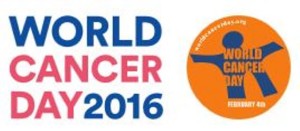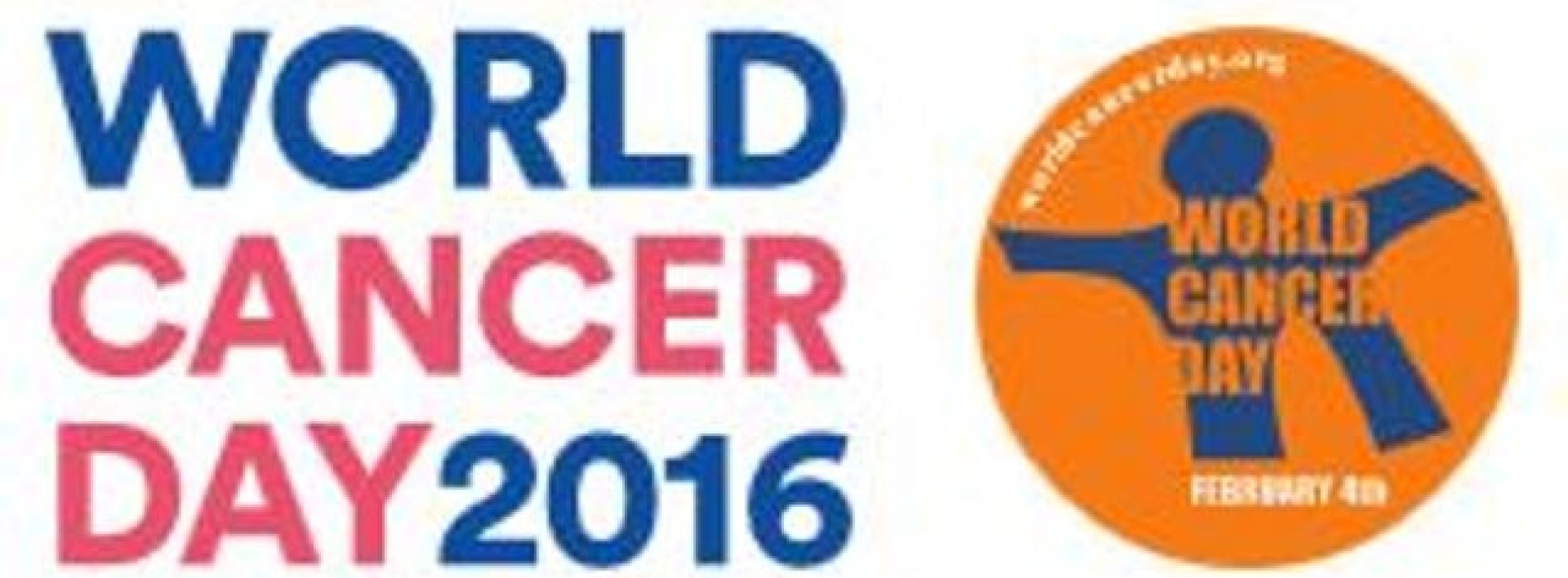Nigeria establishes new agency for Cancer Control

The Minister of Health, Prof. Isaac Adewole has announced plans by the ministry to establish a new agency for cancer control in Nigeria.
In a speech to commemorate the 2016 World Cancer Day in Abuja, earlier today, the minister said government had initiated the planning process that would culminate in the transformation of the National Cancer Control Programme into a national agency to be known as National Agency for Cancer Control [NACC].
According to him, the new agency would provide leadership and technical direction for cancer control in Nigeria.
“It will be a multi-disciplinary centre involving all healthcare personnel, basic and social scientists including public health experts. The agency which will focus on policy formulation, advocacy and mobolisation, centre of excellence for cancer prevention and care, is to be
modelled similar to Institut Catalonia d’Oncologia (Catalan Institute for Oncology), ICO Spain, which consists of clusters of cancer centers each of which is anchored and linked to a Tertiary center. It will drive comprehensive cancer treatment including palliative care, research and teaching whilst paying attention to the needs of the individual cancer patient.
“The agency shall consist of the following operational units; data bank, a research unit which will address issues regarding; basic science, clinical trials, therapeutic trials, etc; service unit which will further incorporate the following branches that will cater for screening, investigations, specialised care, palliative care as well as mobilisation and advocacy,” the minister further said.
Prof. Adewole revealed that no fewer than 102,100 new cases of cancer occurred in the country in 2012. According to him, this translated to about16% of cancers in the Sub-saharan region. He also disclosed that an estimated 60% of the cases occurred in females and were predominantly breast and cervical cancers, while prostate cancers are more prevalent in men.
Globally, the World Health Organisation (WHO) estimated that there were 14.1 million new cancer cases, 8.2 million cancer deaths and 32.6 million people living with cancer worldwide.
“The burden of cancer is growing due to a number of behavioral and dietary risk factors that are most essentially lifestyle–related including sexual practices, increasing oral and anal sex; social habits such as smoking and alcohol; declining fertility rates; sedentary life and obesity; nutrition and diet. According to the World Cancer Report of 2014, the projected annual burden of cancer is 22 million cases by 2022.
“The devastating effects of cancer are far reaching on individuals and households. These include significant morbidity, psychosocial consequences on the bearer and carer, mortality, financial burden and resultant socio-economic consequences. These are due to; inadequacy of health systems, poor manpower, poor access to treatment facilities and lack of access to end of life care. There is also limited cutting-edge research on the epidemiological peculiarities of cancers in developing countries,” he said.
About author
You might also like
LUTH commissions IVF centre
Twenty-six years after it pioneered the IVF method of assisted reproduction in Nigeria, the Lagos University Teaching Hospital (LUTH) has re-commissioned its IVF centre. The commissioning was witnessed by Prof.
How ‘Powerforward’ reduced vices in Abuja schools – Education Board
Secondary schools in Abuja are now recording fewer vices among its students, following a school intervention programme, Powerforward, a project funded by Exxonmobil and executed by Africare. At a stakeholders
Nigeria records 756,000 Under-Five deaths annually – FG
The federal government says Nigeria records about 756,000 under five deaths annually. Osarenoma Uwaifo, the Permanent Secretary, Federal Ministry of Health, disclosed this at a two-day annual symposium on experience







0 Comments
No Comments Yet!
You can be first to comment this post!